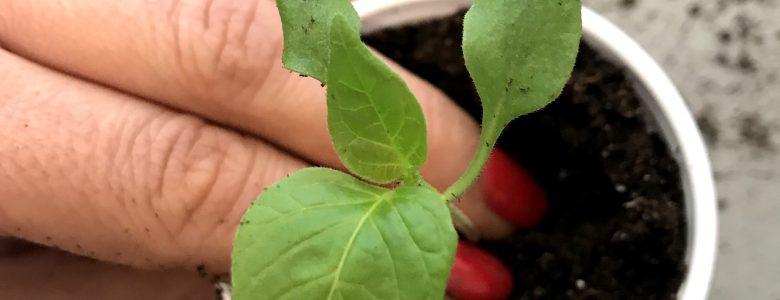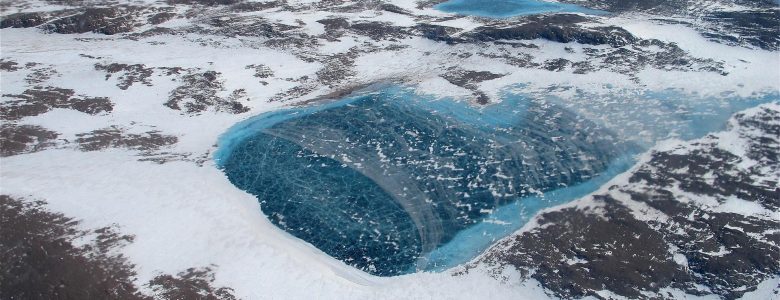August 22, 2020
Today is Earth Overshoot Day. Here’s How to Honor It

Today is Earth Overshoot Day, which marks the date when we silly, demanding humans have exhausted the natural resources beyond what Earth can regenerate in a given year.
a burgundy zine
August 22, 2020

Today is Earth Overshoot Day, which marks the date when we silly, demanding humans have exhausted the natural resources beyond what Earth can regenerate in a given year.
May 28, 2020

By: burgundy bug
“The Burgundy Zine #15: Go Green”
Source: The Burgundy Zine
May 25, 2020

Melodie Muggy encourages us to “respect the soil” through her beautiful poem and photo collage.
May 24, 2020

Poet Mahik’s shares an eye-opening poem, written from the perspective of mother Earth.
May 22, 2020

Brooklyn-based organization The Subversive Gardener discusses their viral campaign to promote sustainable indoor gardening and connect New Yorkers with the global movement to grow your own food.
May 13, 2020

Last year saw record-breaking ice melt events in Greenland, with the largest island on Earth yielding a net ice loss of over 300gt, according to the National Snow & Ice Data Center.
To put this into perspective, a gigatonne is 1,000,000,000 metric tons, and a metric ton is equal to 1.10231 US tons. 300gt is roughly 330.7 billion US tons. Here, try out the conversion for yourself. We’ll wait.
However, last year was only the seventh-worst year for ice melt in Greenland. Data from the NSIDC shows 2012 had the highest ice melt, but melt had significantly decreased by 2013 – that isn’t to say conditions weren’t a cause for concern, but they had “chilled out” in comparison to 2012.
So, is there a chance 2020 might spare a little mercy towards Greenland? Well…
May 11, 2020

Bodies of water dry up before our eyes. Temperatures rise and the heat grazes our skin. We hear the calls of stray wildlife forced out of their natural homes by land development in our backyards. We can smell toxic pollutants and have learned to idolize “fresh air.” Contaminants slither into our rivers and we ingest them through dishes of fish delicacies.
Climate change is happening all around us, and yet, many individuals surveyed during the 2012 to 2016 California droughts felt the situation and climate change were a “distant” problem that didn’t directly affect them.
“Even in more directly affected places, there was often reference to the drought having a greater impact ‘elsewhere’ in the State,” the study explains.
May 6, 2020

Artist Saumya inspires us with the beauty and symbolism of calla lilies.
May 3, 2020

Poet Priti encourages environmental awareness through her poem, “Nature.”
April 26, 2020

The world is your oyster, not your dumpster – although it’s often mistreated as such.
The non-profit organization Keep America Beautiful reports the United States spends approximately $11.5 billion to clean up litter annually. However, crumbled up plastics and abandoned glass bottles still find their way into the natural world, invading forests, lakes, rivers, and oceans.
Recently, researchers investigated the impact of discarded bottles and containers on ants, questioning whether these discarded byproducts of human activity are a “deadly trap or sweet home.”